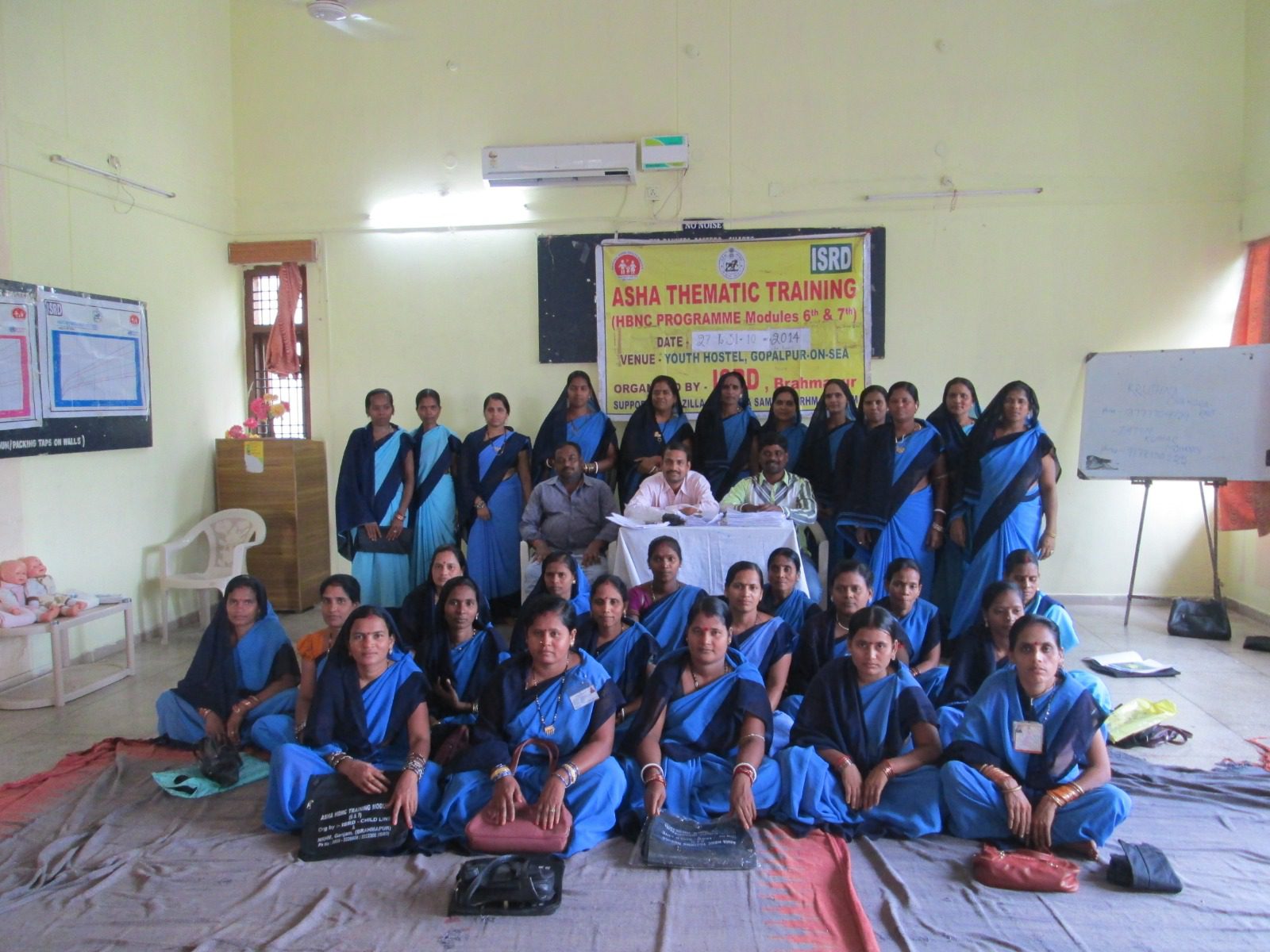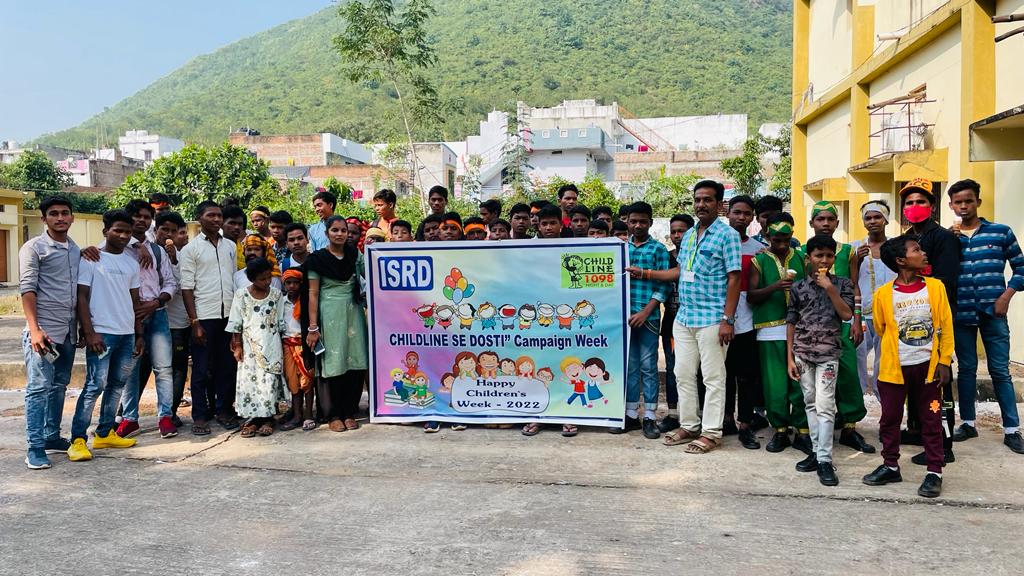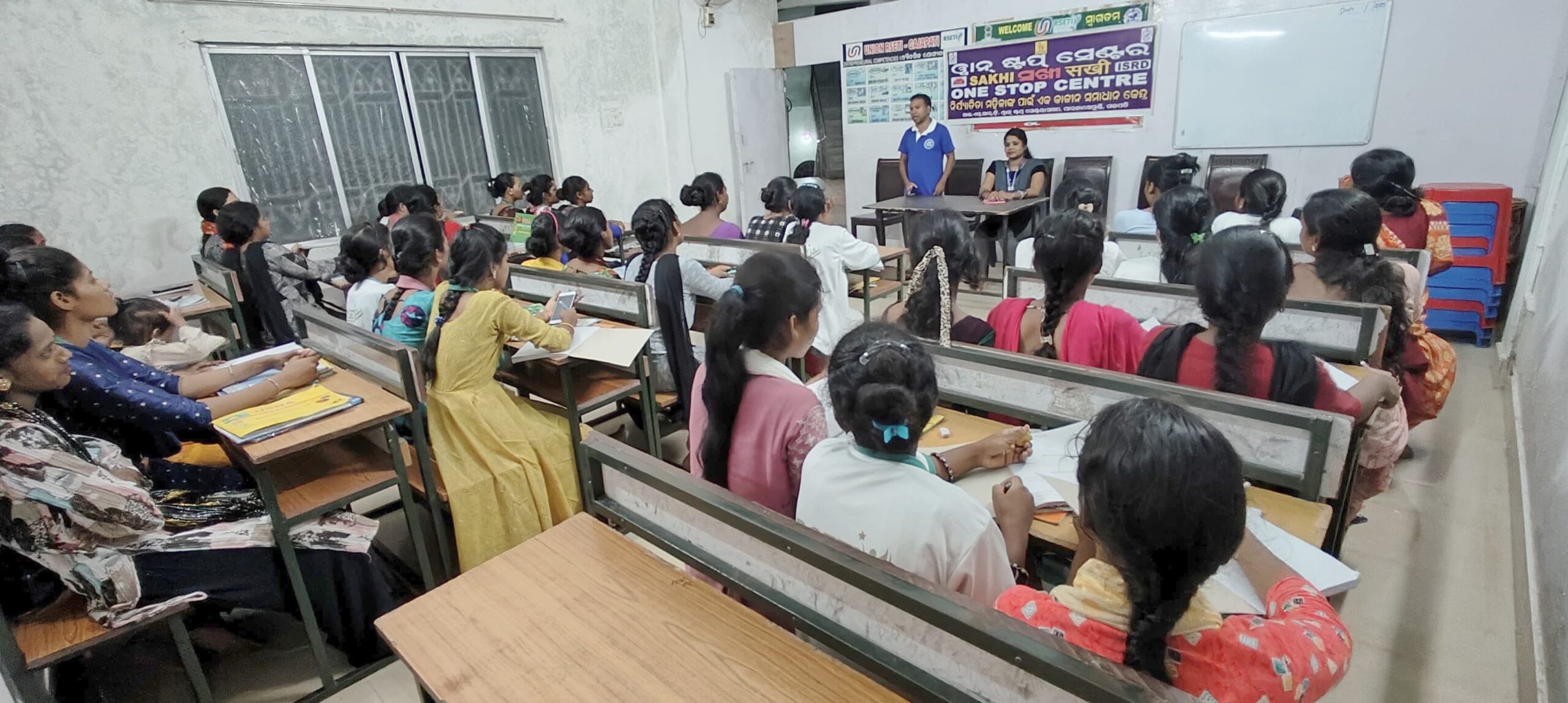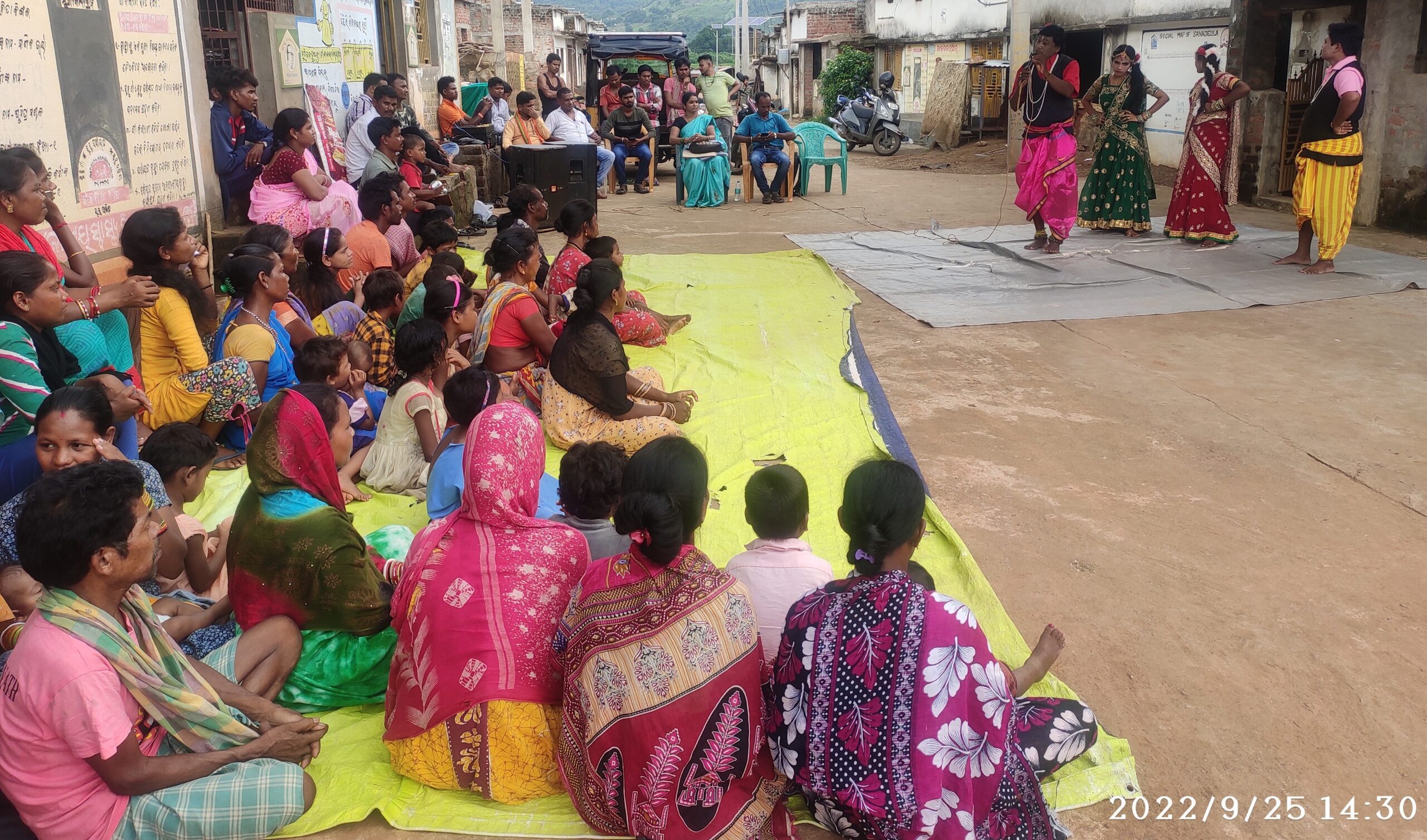HISTORY OF ISRD
Indian Society for Rural Development (ISRD) is a multi-dimensional not for profit voluntary organization established in 1985, working in Four Tribal Districts of Orissa state and thus surpassed thirty milestones on the road to service to mankind particularly to the down trodden poverty-stricken tribal living on the lap of nature. Our core philosophy is ‘Parapokaraya Midam Sariram”. In other words, we are destined to materialize Gandhian “Sarvodaya” to our level best. The ISRD troop including Social, Activists, Volunteers, Resource persons with grants from Govt. and other funding agencies strive to provide with a better and nobler life to the “have-nots” living in dark zone exploited and neglected. The ISRD focuses its primary thrust on Child, Women and Youth Welfare other platforms are Health, Economic drives. Pertaining to Education, being patronized by Govt. of India (WCD Deptt.) and Child Relief and You (CRY), Action AID, UNICEF, CHILDLINE India Foundation with other INGOs.
Several programs launched for street children, Child Sexual Exploitation, children of fishermen community, handicapped children, Child Labour, Unsafe Child Marriage, Child Migration, Child Trafficking, Tribal Dropouts, Non School going etc. Organize periodical exposure visits, trainings of trainers, science exhibitions, children’s festival, children’s bank, study tour. We emphasize on women’s empowerment by formation of Mahila Mandals, SHG, Mahila Morchas etc. campaign against female foeticide and inequality of Girl Child is on the move. Gender inferiority and traditional attitude towards girls and women’s folk came through vocational trainings, income generation programs, re-productive and child health venture, science in Kitchen, Panchayati Raj awareness and home-based productions.
Sponsored SSH the ISRD over the years has been successful in handling cases of wife beating, battering, dissertation, separation, harassment, women’s in moral danger, victim of cruelty of near and development of a variety of materials for the promotion and up-gradation of professional skills, training on skill up-gradation, vocational training to rural girls, housewives for cottage and tiny industries and spare time business, handicraft and assistance in marketing, improvement of economic condition, change in the quality of lifestyle and individual interest programs are of the activities that the job chart of ISRD. Apart from all the above-mentioned activities, conduct of state level, district level, block level and panchayat level workshops, seminars, meetings have been the regular features of the ISRD having a innovative approach towards a people participate building process. At Odisha State able to reach all the 30 District of Odisha, and it is one of the largest Child Rights Forum in the State. Since the ISRD has a wide networking of its own organizational cadre, assonating quite a good number of social activities, educationalist, scientist, academicians, technical source persons, artists, writer, poets, organizers, motivators, volunteers in all districts of Orissa. It feels technically more self-inefficient to meet its vocational needs. ISRD is Patron of Campaign Against Child Exploitation (CACE), in state & district the ISRD has been member in different Government formed committees.
Brief Overview of the Organization

Core Values
- Mission and Vision: ISRD has a clear and compelling mission, vision, and objectives. The mission outlines the purpose of the organization, while the vision sets the direction for the future.
- Ethical Standards & Policies: ISRD upholds the highest ethical standards and policies to ensure the integrity of its actions and the well-being of all stakeholders.
- Collaboration: ISRD believes in the power of collaboration. We actively engage with stakeholders, communities, and government agencies to maximize the impact of our initiatives.
- Transparency: Transparency is a core value at ISRD. We are committed to upholding transparency in all our activities, from decision-making processes to project implementations.
- Sustainability: ISRD is dedicated to adopting sustainable practices that guarantee the long-term impact and effectiveness of our empowerment initiatives.
Our Strengths
- Great Community Support: ISRD has good relationships and trust with the people in its community. People feel connected and supported by the organization.
- Leadership: ISRD is led by people who know how to lead well. They have a clear vision, make smart decisions, and inspire everyone to work together for common goals.
- Smart and Dedicated Team: The people in ISRD are skilled, knowledgeable, and dedicated to their work. They keep getting better at what they do, making the whole organization stronger.
- Financial Stability: ISRD is financially strong. This means it can run programs, take care of its buildings, and handle tough economic times without falling apart.
- Networks and Partnerships: ISRD connects with Donors& Govt. Depts and works together with them. This helps the organization reach more people and have a bigger impact.
- Adaptability: ISRD is good at changing when things around them change. They find new ways of doing things when needed, which helps them do well even when faced with challenges or opportunities.


Realms of Intervention
- Securing Rights of Women, Children & the Marginalized
- Health & Education
- Human Resource Development Community Organization
- Forest & Watershed
- Disaster preparedness & Action
Immediate Beneficiaries
- Women, Children, Youth, Fisher Folk Community, and Farmers

